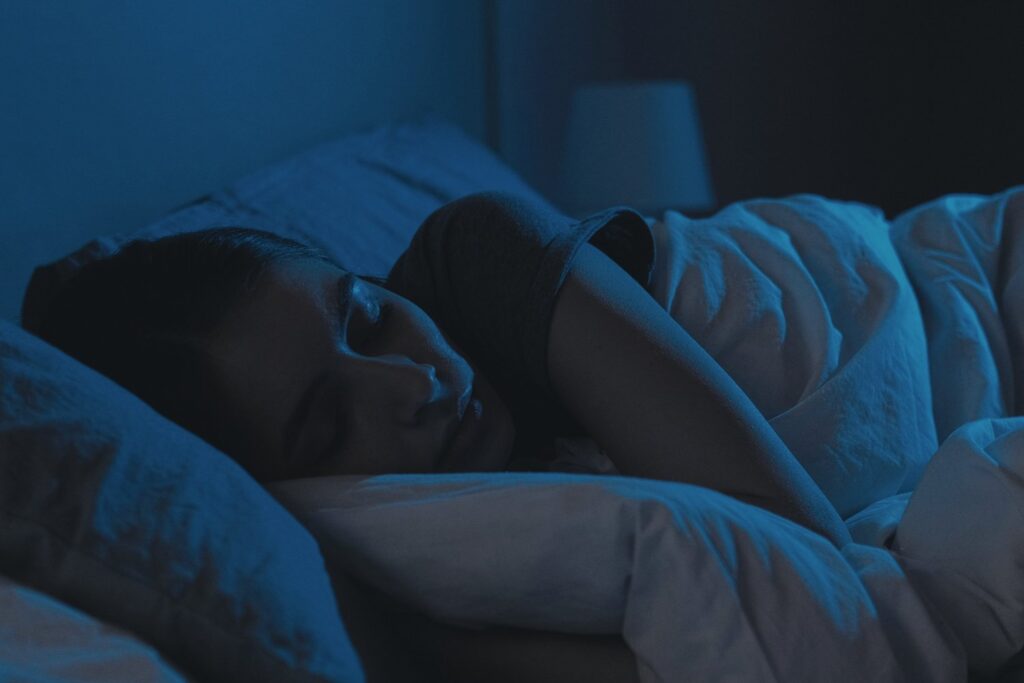How frequently do you remember dreams? Have you ever woken up knowing you’ve dreamed but been unable to recall the details? It turns out that the ability to remember a dream might be influenced by a combination of factors.
Researchers in Italy spent the past four years studying “morning dream recall,” as it’s termed, publishing their findings on Monday in the journal Communications Psychology. Their work explores how various traits and behaviors seemingly influence our ability to remember our dreams when we wake up. Understanding the dynamics of morning dream recall has significant implications for studying dreaming as a whole—a mysterious brain function that continues to evade precise scientific understanding.
“Our findings suggest that dream recall is not just a matter of chance but a reflection of how personal attitudes, cognitive traits, and sleep dynamics interact,” lead author Giulio Bernardi, a psychologist from the IMT School for Advanced Studies Lucca, said in a university statement. “These insights not only deepen our understanding of the mechanisms behind dreaming but also have implications for exploring dreams’ role in mental health and in the study of human consciousness.”
Bernardi and his colleagues studied over 200 participants between the ages of 18 and 70. The researchers asked the participants to record their dreams and to wear a sleep monitoring wristwatch for a 15-day period. Before and after this period, participants completed tests and questionnaires on various personal topics, including their interest in dreams, tendency toward distraction, and anxiety levels.
The researchers observed a wide range of morning dream recall abilities among participants, along with several potential influencing factors. For example, people with a self-reported positive view on dreams and a tendency to daydream remembered their dreams more frequently. The seasons seemed to play a role as well, as there was an overall higher rate of dream recall during the spring across participants as opposed to during the winter.
People who spent more time in light sleep, as well as young people in general, were also more likely to remember their dreams. Older people, on the other hand, more often woke up with the feeling they’d dreamt, but were unable to remember the dream—a phenomenon the researchers called “white dreams.” Interestingly, their “observations support the notion that white dreams represent actual dream experiences, with memories of their content fading upon waking,” they wrote in the study.
“Data collected within this project will serve as a reference for future comparisons with clinical populations,” said Valentina Elce, first author of the study and a PhD student in cognitive, computational, and social neurosciences also at the IMT School for Advanced Studies Lucca. “This will allow us to move forward the research on the pathological alterations of dreaming and their potential prognostic and diagnostic value.”
It’s worth emphasizing that dreams are self-reported, making the study vulnerable to biases. However, Bernardi, Elce, and their colleagues’ identification of potential influences on morning dream recall nevertheless sheds light on a mysterious brain function that has captivated humanity for millennia.







